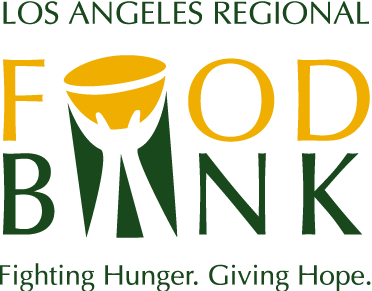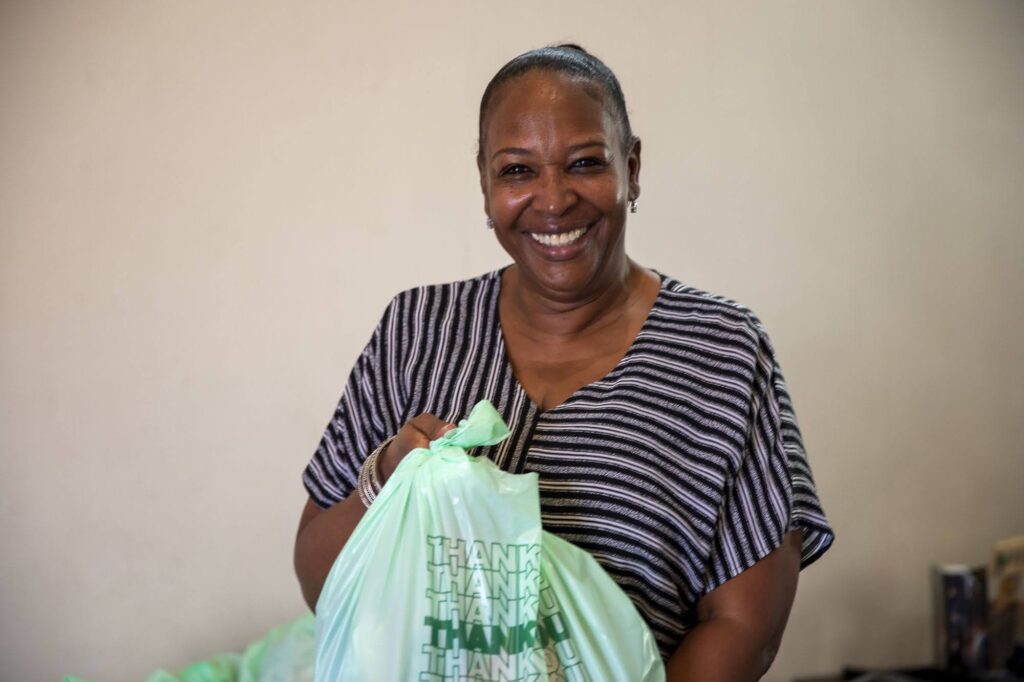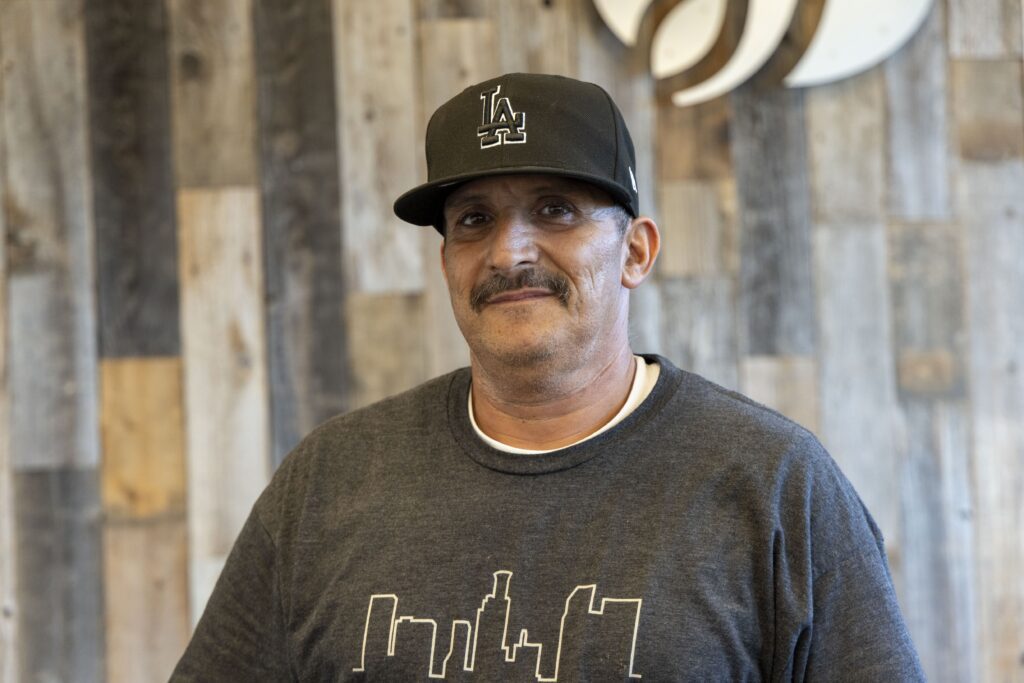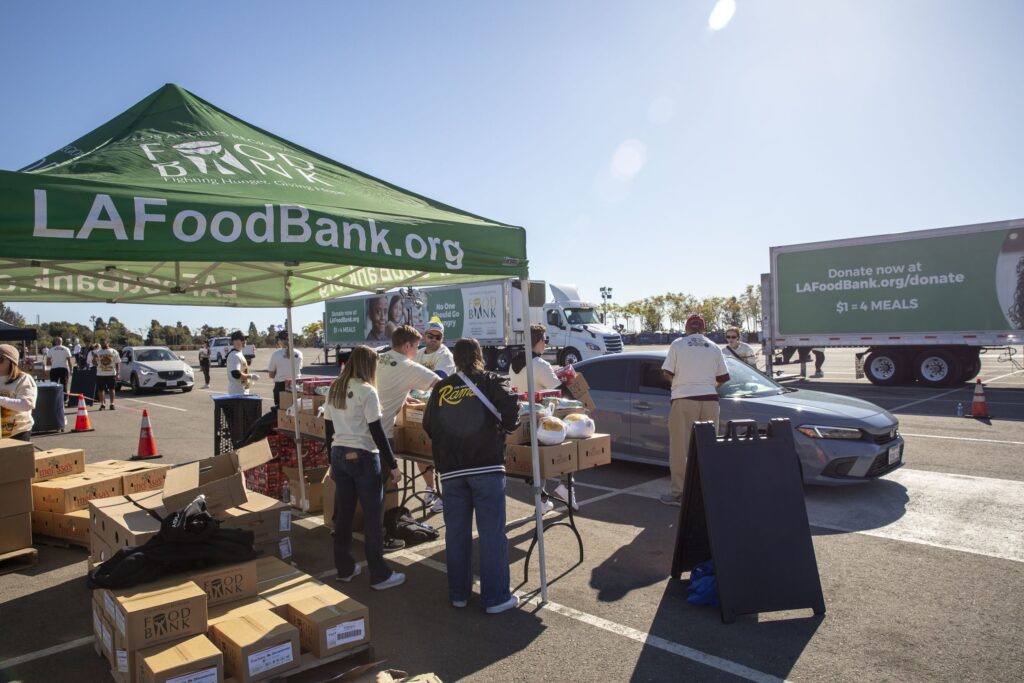The Fred Jordan Mission, in partnership with the Food Bank, Gives Back to its Community
Published on March 27, 2025
Last updated on March 14, 2025 at 11:07 am
Located in the heart of Skid Row, Fred Jordan Mission provides hot meals and a food box to neighbors in need.
The Great Depression, which started in 1929 and lasted ten years, impacted millions of individuals throughout the country. Hundreds of thousands lost their jobs, and the unemployment rate was 20% at its peak, according to Britannica. Many sought new opportunities in new places, with many seeking a better life out west, especially in a city like Los Angeles with beautiful weather year-round.
While many made it to Los Angeles, some were lucky to find employment, while others struggled to make a living. At that time, Reverend Fred Jordan saw a huge need in his surrounding community. Seeing the number of people struggling to obtain basic needs, he founded and opened the Fred Jordan Mission at 445 Towne Avenue in Los Angeles.
For over 80 years, the Fred Jordan Mission has been in the same location and continues to serve its community by providing a ministry and basic life essentials to those needing them. While times have changed, the location of the Mission, now known as Skid Row in Downtown Los Angeles, continues to be a lifeline to those living in its immediate surroundings, housed or unhoused.
“We serve between 200-250 lunch meals a day,” said Nereida Rivera, Events and Volunteer Coordinator at Fred Jordan Mission.
“Skid Row is known for its homeless population, what you see on TV, what you see when you drive by even, but there are many families that are in need,” she added.
Contrary to popular belief, Skid Row is also home to families who live in the surrounding buildings. Due to the high cost of living, multiple families live in small apartments. With many down on their luck or just trying to make ends meet, the Fred Jordan Mission has provided them hope through a food box that they can take home and feed their families or a hot meal to remind them of a place they once called home.
“The food that we receive from the Food Bank has helped us immensely,” Rivera said. “We’re one of the few that serve hot meals here in Skid Row, and the majority of our food comes from what we get from the Food Bank.”
Rivera added: “The Food Bank has been instrumental in helping us carry out our day-to-day service to the people and the community. Without the Food Bank, I don’t know what we would do here.”
By supporting the LA Regional Food Bank, you’re supporting programs that impact not just unhoused individuals but also housed individuals and families who are trying to make it through the week or even the day. Consider making an impact today.





